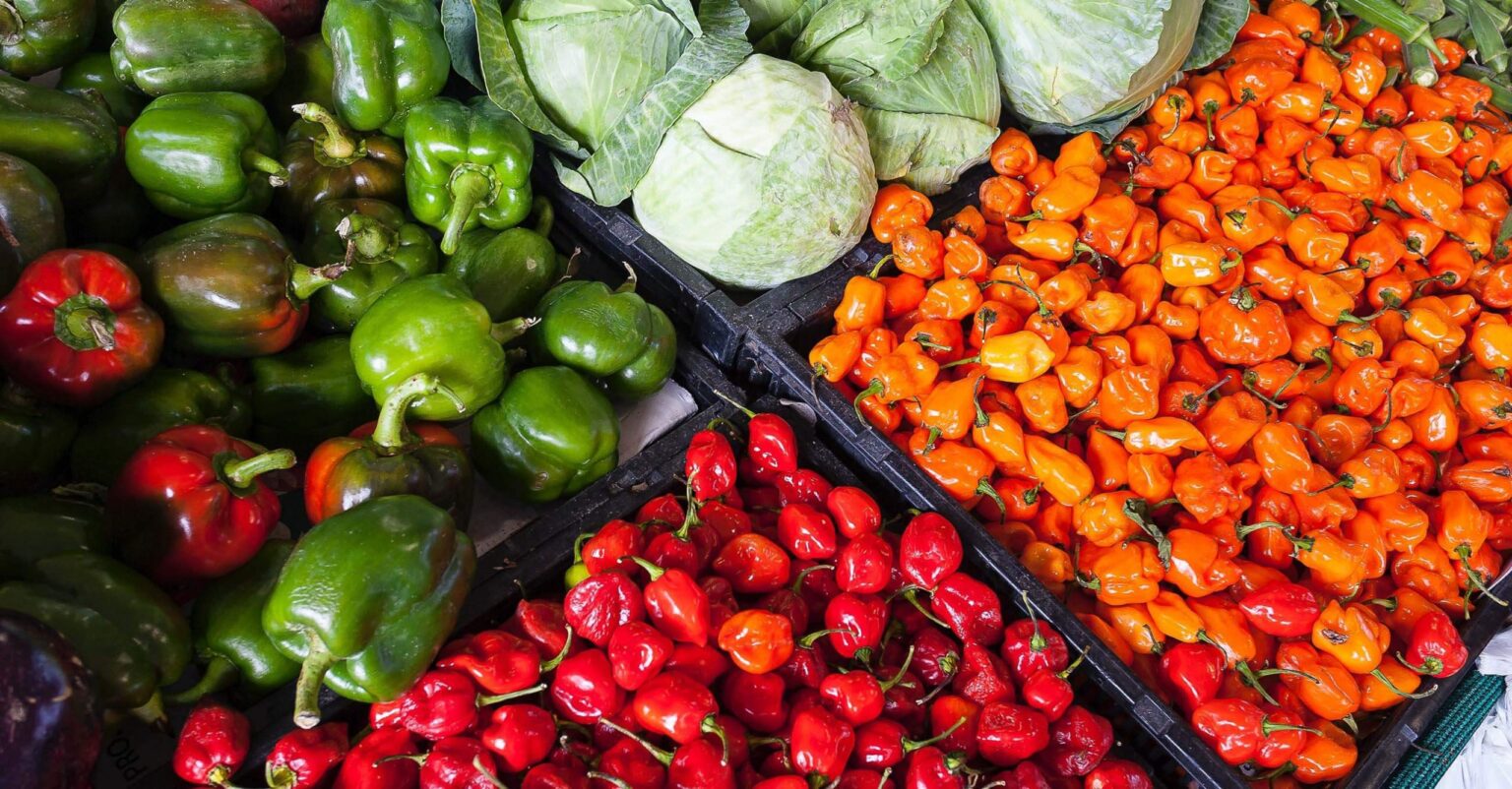- Inflation is cooling gradually but remains stubbornly high in most economies, including Africa, UK and U.S. despite the efforts of central banks according to economic experts.
- In 2023 EIU forecast that disinflation in SSA will be slower than on all continents barring Latin America and Asia and Australasia, and that SSA inflation will average 12.5 percent.
- Markets are now betting on a longer period of higher interest rates as they begin to take heed of the message from central bank officials.
Inflation is cooling gradually but remains stubbornly high in most economies, including Africa, UK and U.S. despite the efforts of central banks according to economic experts.
Average annual inflation in Sub-Saharan Africa (SSA) in 2022, hit 14.5 percent year-on-year on aggregate according to Economist Intelligence Unit (EIU) and is estimated to have been higher than in any other region of the world except the Middle East and North Africa, where the rate was pushed up by spiralling inflation in Iran and Lebanon.
EIU projects that disinflation in SSA will be slower than on all continents barring Latin America and Asia and Australasia, and that SSA inflation will average 12.5 percent. Again this will be second only to the Middle East and North Africa.
The SSA inflation shock in 2022 resulted from higher consumer goods prices since Russia invaded Ukraine, excess liquidity from pandemic-related stimulus in 2020‑21 and currency depreciation against the US dollar as a result of a flight from speculative assets. EIU predicts that goods prices will fall in 2023 as demand pressures ease and global energy markets rebalance to some extent, but price growth is embedded in services categories of the consumer price basket for most countries.
This week, official data shows that U.S. Consumer Price Inflation – CPI – is 6.4 percent, slightly higher than was expected, but down from a 40-year high of 9.1 percent in June 2022. On Wednesday, the UK inflation rate was revealed to have fallen for the third month in a row in January to hit 10.1 percent, below economists’ expectations, but still five times higher than the Bank of England’s target.
Markets are now betting on a longer period of higher interest rates as they begin to take heed of the message from central bank officials, including those from the U.S. Federal Reserve, Bank of England and European Central Bank, that there’s still a way to go to cool inflation in the face of robust labour markets and wage growth.
Continuing hot inflation, agree experts, can impact an individual’s investments, leaving investors asking: where do I invest in an ongoing high inflation environment?
“Stubborn inflation affects stock markets because central banks, including the Fed, BoE and ECB, will have to continue to step in and raise interest rates. This means people adjust and rein-in their spending, it cools the economy and companies can struggle to make profits,” says Nigel Green, CEO of deVere Group, one of the world’s largest independent financial advisory, asset management and fintech organisations.
“Stock markets are correlated to the profits of the companies within that particular index,” Green added.
“In this environment of higher rates for longer than had previously been anticipated, some companies are going to find it difficult to maintain margin and, as we’re now seeing, are failing to report earnings as had been expected.
“In other words, if costs are going up firms can’t maintain margin, so that company is unlikely to be a good investment until things change.”
The deVere Group CEO identifies four key sectors that he expects to be “resilient in this current environment.”
He explains: “We’re looking at sectors that can maintain margin, despite inflation and interest rate hikes.
“These include healthcare, luxury goods, energy and agriculture.
“Healthcare is a robust sector as people will always need to stay healthy – this has come into focus more than ever since the pandemic. Also, despite wider market volatility, there’s strong earnings potential due to ageing populations and other demographic changes. Plus, healthcare is becoming increasingly tech-driven, which offers fresh opportunities.”
He goes on to say: “Luxury goods can maintain margin due to the inherent aspirational ‘elite and exclusive’ aspect of the sector.
“We’ll look at energy because there’s a shortage of energy in the world right now.
“Agriculture is another one as populations in emerging markets around the world are eating more meat. As they eat more meat, there needs to be more grain produced.”
In this, and all environments, there remains one clear way for investors to maximise returns relative to risk: the time-honoured practice of portfolio diversification. A considered mix of asset classes, sectors, regions and currencies offers you protection from shocks.
A good fund manager will help you sidestep potential risks and benefit from key opportunities.
“Inflation is going to be an issue for investors for a while yet,” concludes Nigel Green.
“However, these can also be times of opportunity if you stay fully and wisely invested.”
